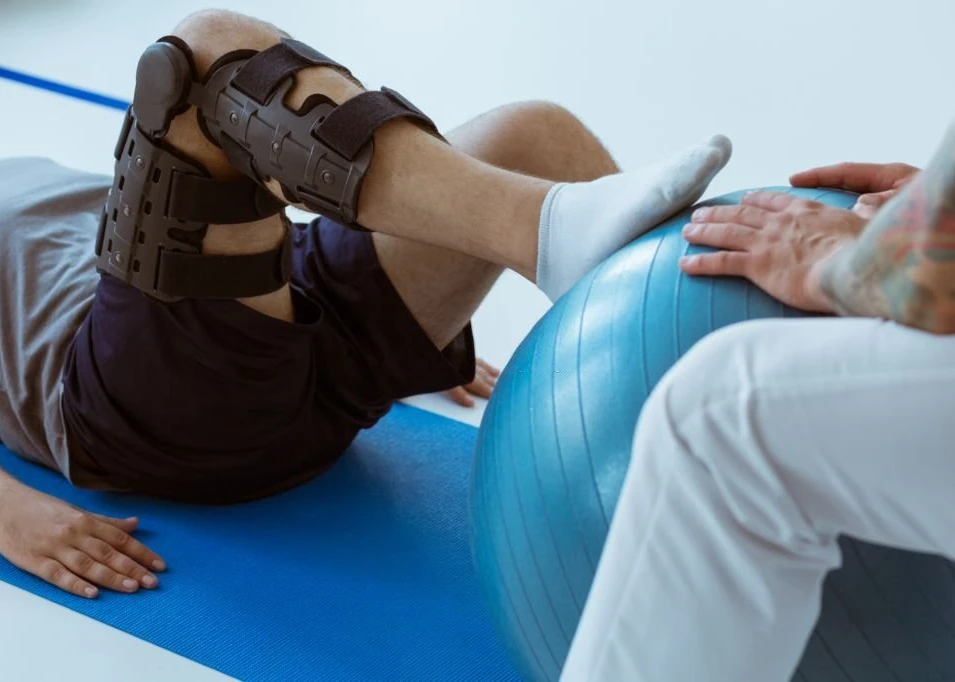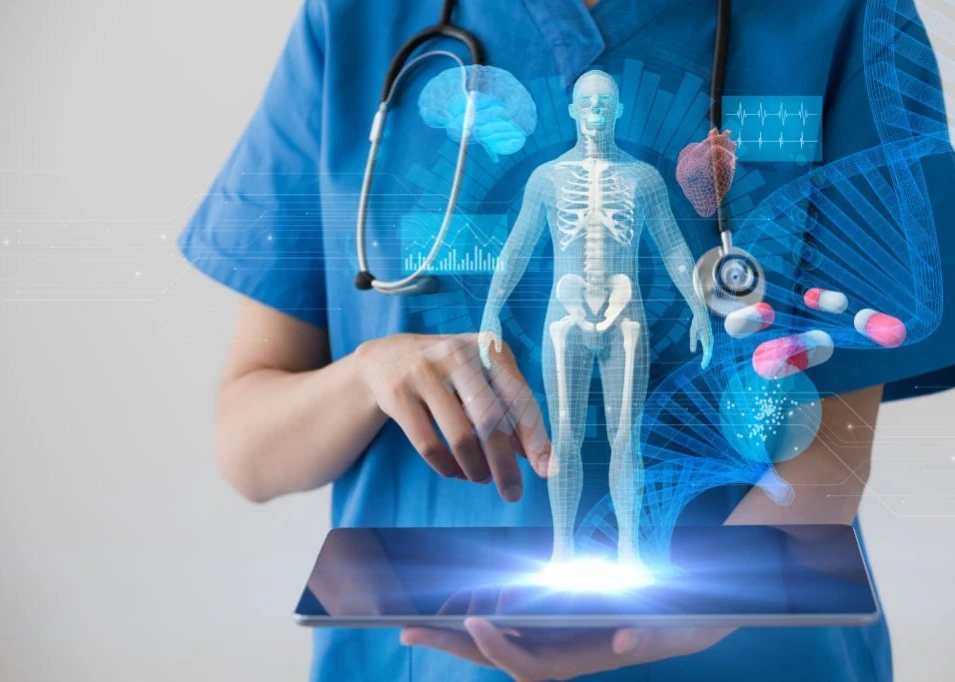School of Basic Medical Sciences (SBMS)

Skyline University Nigeria (SUN) conducts undergraduate programmes leading to the award of Bachelor of Nursing Science, Doctor of Physiotherapy and Bachelor of Medical Laboratory Science. These courses are equipped to meet the needs of dynamic local, regional, national and global level industries. A student studying at SCHOOL OF BASIC MEDICAL SCIENCES (SBMS) will be exposed to different major subjects of Sciences, Mathematics and Information Technology which will help him/her become an astute professional in his/her chosen field and career path.
Higher education is a fundamental vehicle for the economic and social development of any nation, and Nigeria is no exception. It is meant to help the country buildup capacity to develop and manage its resources, alleviate poverty, close the educational gap as well as economic and political gap it has with the developed world. Nigeria got her independence in October 1960; it therefore needs an abundance of educated workforce to enhance its development.
With increasing globalization, information and knowledge based economy are key to creativity, innovation and entrepreneurship which can sustain social development and help to increase national competitiveness. University education in Nigeria can provide the much needed man power to accelerate the socio-economic development. This therefore, creates an opportunity for Skyline University Nigeria to provide an atmosphere for academic freedom, culture and research which can supply platforms for liberal education, which in turn makes young people better prepared for an enhanced future.
The university is conscious of the importance of Science and Technology in the development of the nation. Therefore it introduces a series of science subjects which can be useful in creating new bodies of knowledge for various industrial and clinical needs. Our major effort is to foster the pragmatic demands of industry and government.
- To improve and develop scientific relevance through effective communication, problem solving, decision making, computing and clinical capabilities
- To equip students with Life Skills and professional acumen that will help them understand the dynamics and relevance of medical science for the benefit of the society
- To stimulate higher order thinking skills among students which is required in aiding specialization in their respective areas of the medical sciences
- To develop competencies of students through meaningful clinical interactions, thereby improving their employability
- To provide a conducive value-based learning environment to the students during their study, and inculcating applicable medical hospitality for continuous career growth and development.
- Demonstrate an understanding of various concepts of different subjects in the areas of Nursing, Physiotherapy and Medical Sciences
- Illustrate the relationship between industry and business, work culture, values and ethics for the benefit of the community
- Demonstrate application of skills in communication, medical abilities and computing ability to solve societal requirements
- Demonstrate capacity for critical enquiry, logical thinking and the use of analytical skills to solve industry, medical and societal problems.
- Synthesize theory and practice within the spheres of their respective disciplines for its effective applications and benefits.
SUN ensures that the SBMS curriculum is distinctive and superior in nature. It significantly extends knowledge and nurtures intellectual maturity by empowering an individual to probe the depths of knowledge and to specialize in essential skills with a sense of creative independence. The student is thus enabled to accomplish the goals as anticipated in the programme and transfer their usefulness to the professional areas of the practical world. SUN endeavours that all SBMS programmes are linked to industry/organization through SIWES and Project works.
The SBMS programmes are carefully planned, directly related and appropriate to the mission and purposes of the institution, as well as the goals and objectives of the respective degree programmes. As for as Programme instruction is concerned, SUN adequately supports and critically evaluates experimental and teaching methodologies to improve adherence to instructions, and ensures that each student enrolled in the course receives a Course Delivery Package (CDP) on the first day of the class that includes the following:
- Syllabus
- Credit hours
- Prerequisites
- Course description
- Learning outcomes
- Course contents
- Academic strategies
- Course policies
- Class Schedule
- Practical/Lab work
- Additional Reading
- Mode, Nature and Scope of Assessment
- Information on core text book
Moreover, SUN uses regular evaluation of all courses, instructional pedagogy and feedback through a well-developed Institutional Effectiveness System to checkmate knowledge inculcation.



